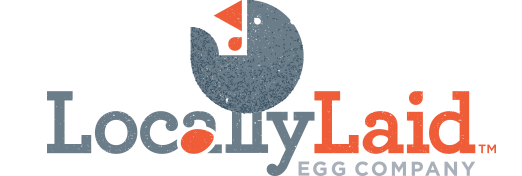Conscientious food shopping is hard. Labels with vaguely positive and ill-defined terms befuddle the well-intentioned consumer. And it’s a shame because we’re just trying to do the right thing by our families and planet.
While I can’t talk to the entire spectrum of supermarket speak, I can help translate the egg speak.
Ok, let’s start big: Organic. So if you buy organic eggs, they’re from birds treated humanely, right? Well, it depends what one means by that. The only thing an organic label guarantees is that the birds are fed with a certified organic feed and they’re cage-free. Which is a good step, but like most chickens in America, they never seen the sun.
How about Cage Free? This means exactly what it says and nothing more. Birds are not kept in cages. Period. It does not mean that these chickens go outside, roost or have space to exercise. Generally, the birds live on a floor of a large warehouse. I’ve seen the term “barn-roaming” to more accurately describe the principle. Sometimes there are tens of thousands of hens in one building.
What’s Access to the Outside mean? If it sounds vague, that’s because it is. It only means that the chickens have some sort of outside time – sometimes. Often, this is a fenced-in cement slab off the warehouse.
What’s Free Range? This term is nutty confusing because it means something different in other parts of the world. In the United States, it means only that the animal is allowed some access to the outside. There are no regulations that specify the size of the outside space, if it is grass, dirt or cement, or the duration of the chicken’s outside time. It does not mean that these hens eat any sort of fresh field greens.
Pasture Raised. Pasture-raised birds live on pasture with full access to shelter. And it’s a staggering amount of work, I know because this is the way we do it at Locally Laid Egg Company. Chickens graze on fresh grass, are given feed, and have lots of outside space to exercise and function as a flock.
We put our bird’s non-GMO corn and fresh water 150 feet apart (when the weather is above zero, anyway) to ensure our hens are out and about everyday. The payoff is tasty eggs with less fat and cholesterol, strong vibrant yolks – and a very athletic chicken.
While no farming practices are perfect, we feel this model is a step closer to “H’enlightenment.”

